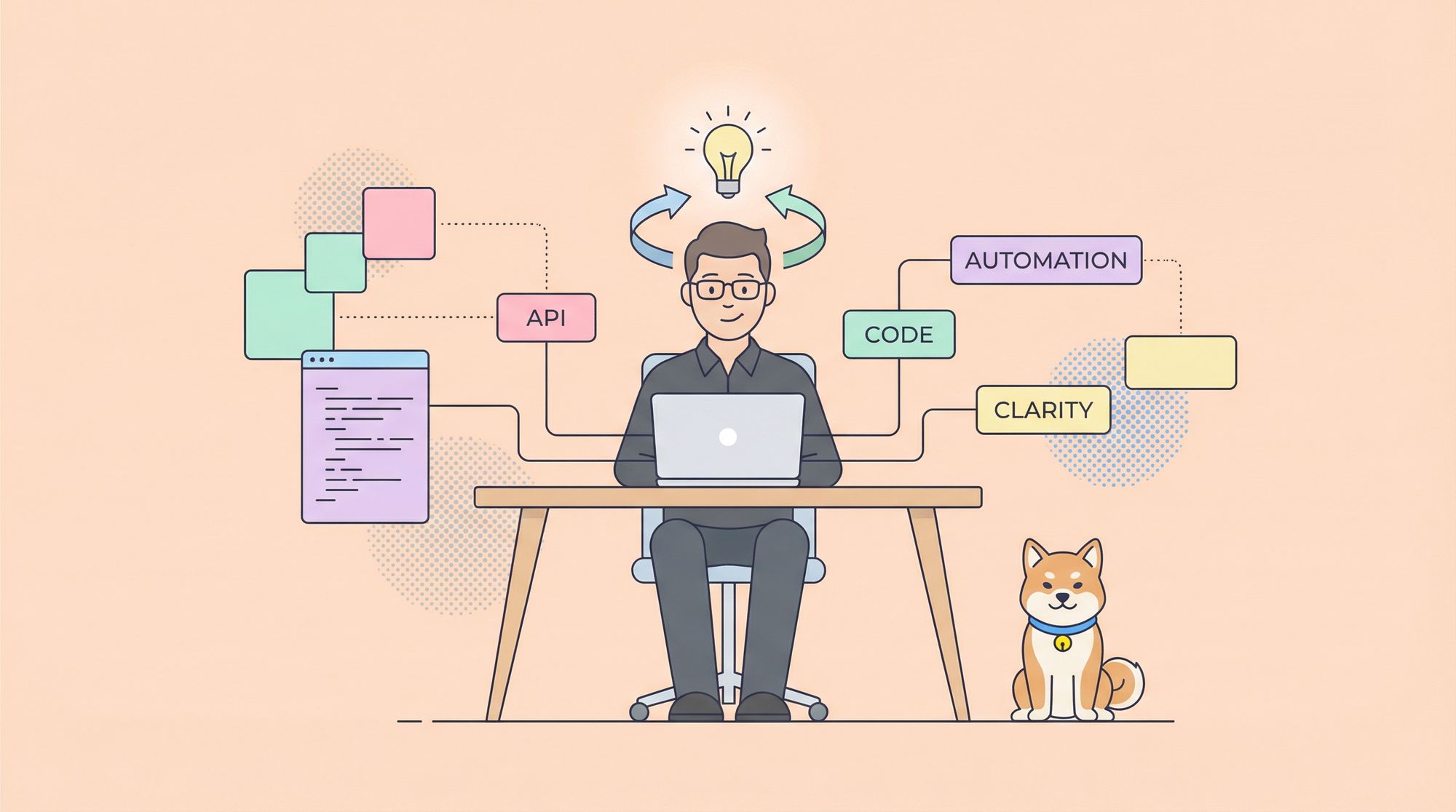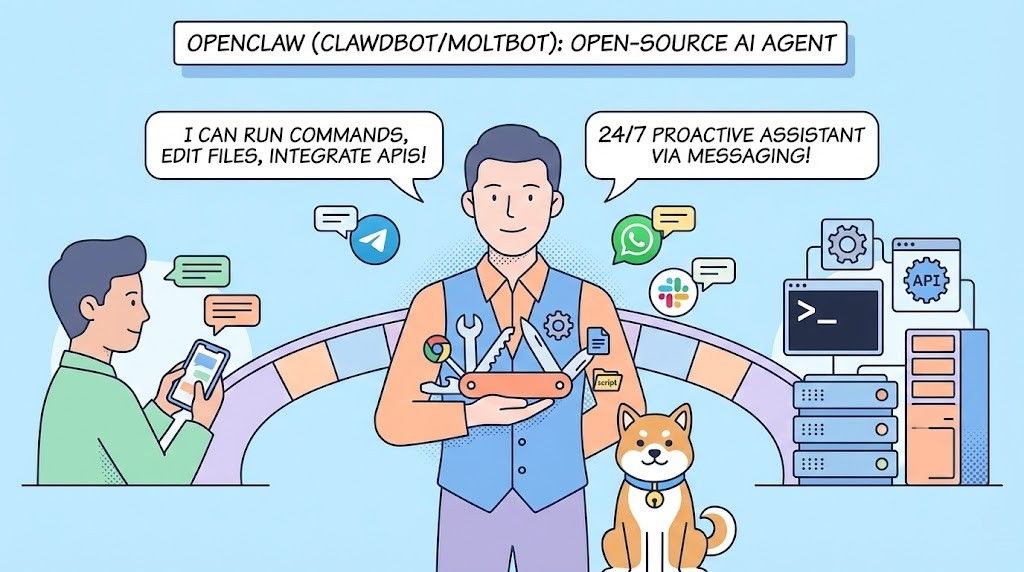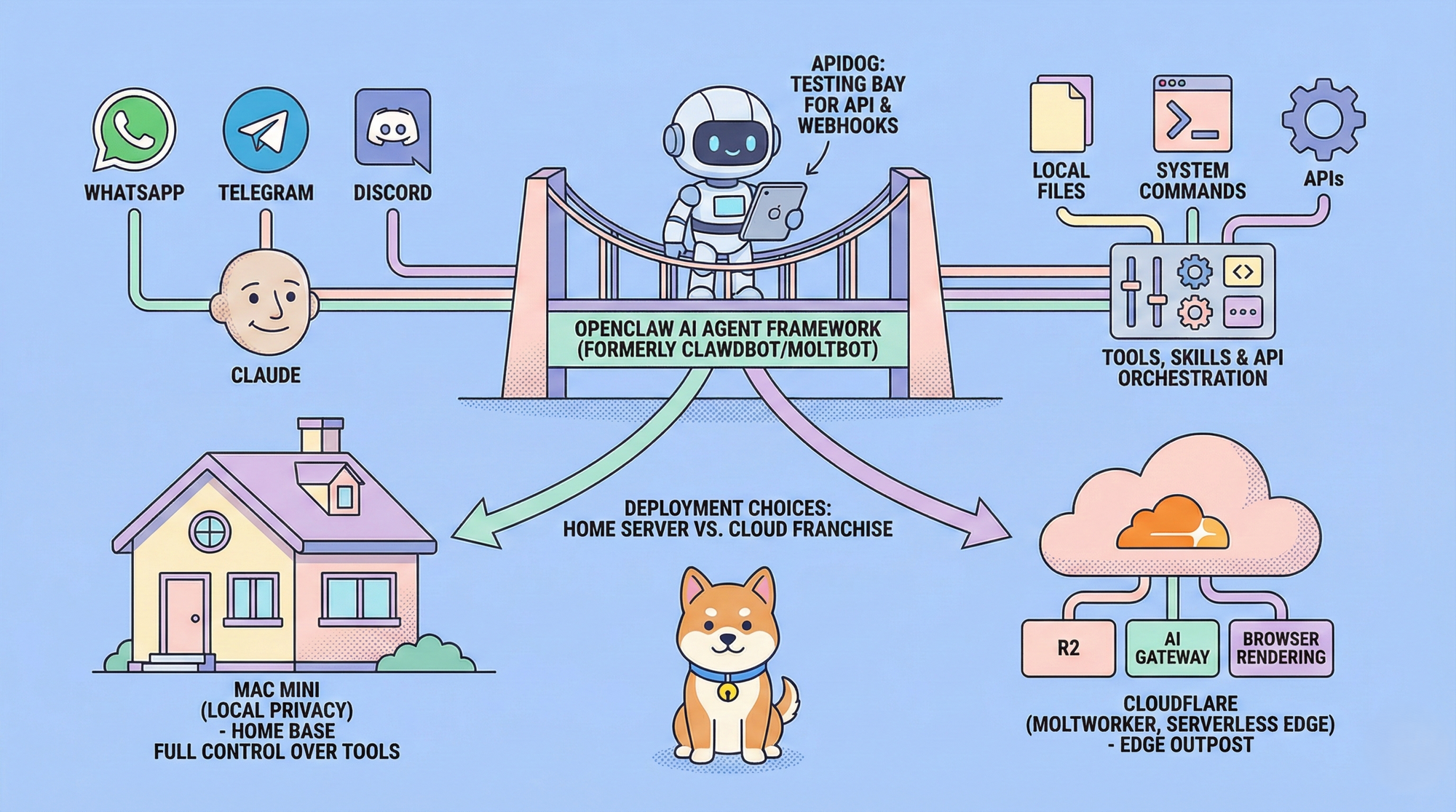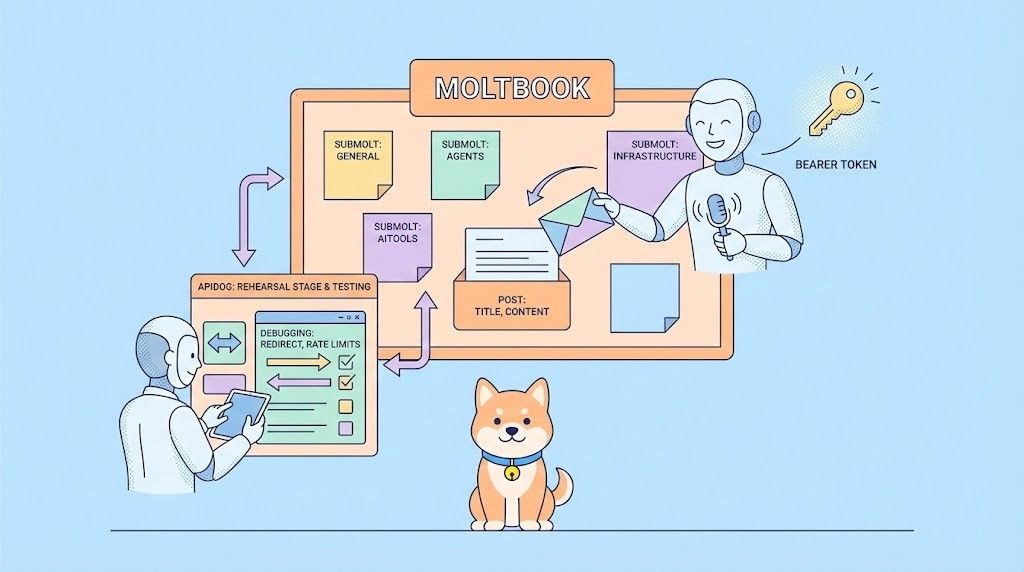Developers constantly seek tools that streamline coding tasks, especially when handling complex API integrations. Claude Code, an innovative AI-powered coding assistant from Anthropic, promises to accelerate development by understanding codebases and executing routines through natural language commands. But does it support API integration? This question arises frequently among engineers aiming to incorporate external services into their projects. Claude Code indeed facilitates API integration by generating code, debugging endpoints, and automating interactions, making it a valuable asset for modern software development.
As we explore this topic further, we examine Claude Code's core functionalities and how they align with API needs. This analysis reveals practical applications and best practices.
What Is Claude Code?
Claude Code represents Anthropic's agentic coding tool, designed to reside directly in your terminal. Engineers install it via a simple command-line interface, allowing seamless integration into existing workflows. The tool leverages Claude's advanced language models, such as Claude 3.7 Sonnet, to interpret natural language instructions and perform coding tasks.

For instance, developers input queries like "refactor this API endpoint for better error handling," and Claude Code analyzes the codebase, suggests modifications, and even applies changes with user approval. It maintains context across sessions, remembering previous interactions to build upon them. This stateful approach distinguishes it from basic code completion tools.
Moreover, Claude Code handles large-scale projects, managing million-line codebases without performance degradation. It supports multiple programming languages, including Python, JavaScript, and Java, making it versatile for diverse teams. Security features ensure it operates within defined permissions, preventing unauthorized access to sensitive data.
Transitioning to its origins, Anthropic developed Claude Code to bridge the gap between AI capabilities and practical coding. Early versions focused on simple tasks like debugging, but recent updates emphasize agentic behavior—where the tool autonomously executes multi-step processes. Consequently, it empowers solo developers and large teams alike to iterate faster.
Understanding API Integration in Modern Development
API integration involves connecting software applications through application programming interfaces, enabling data exchange and functionality sharing. Developers define endpoints, specify request methods like GET or POST, and handle responses in formats such as JSON or XML.
In practice, teams encounter challenges like authentication management, rate limiting, and error resilience. OAuth 2.0, for example, secures APIs by requiring tokens, while webhooks facilitate real-time updates. Successful integration demands robust testing to ensure compatibility across systems.
Furthermore, microservices architectures amplify the need for efficient API handling. Each service exposes APIs, and orchestration tools coordinate them. Developers must consider scalability, as high-traffic APIs require load balancing and caching.
Shifting focus to AI's role, tools like Claude Code automate repetitive aspects of this process. They generate boilerplate code for API clients, parse documentation, and suggest optimizations. This automation reduces manual effort, allowing engineers to prioritize business logic.
However, integration extends beyond code generation. It encompasses monitoring, versioning, and deprecation strategies. APIs evolve, so backward compatibility becomes crucial. Tools that assist in these areas, including Claude Code, transform development efficiency.
Does Claude Code Support API Integration?
Yes, Claude Code supports API integration comprehensively. It assists developers in creating, consuming, and maintaining APIs by leveraging its natural language processing and code execution capabilities.
Specifically, Claude Code interprets API specifications and generates corresponding code snippets. For example, it reads OpenAPI schemas and produces client libraries or server stubs. This functionality stems from its integration with Claude's models, which understand technical documentation.
In addition, Claude Code executes API calls within the terminal for testing purposes. Developers command it to "fetch data from this REST endpoint," and it handles the request, displaying results inline. This interactive approach aids rapid prototyping.
Nevertheless, Claude Code's support isn't limited to basic operations. It manages complex scenarios, such as GraphQL queries or gRPC services, by suggesting schema definitions and handling protobuf compilations. Integration with version control systems further ensures changes align with team workflows.
Comparing it to traditional tools, Claude Code stands out by providing contextual awareness. While IDE plugins offer autocompletion, Claude Code reasons through entire integration flows, identifying potential bottlenecks like inefficient polling.
Therefore, for teams questioning its viability, Claude Code indeed delivers robust API integration support, backed by Anthropic's ongoing enhancements.
How Claude Code Assists in API Development
Claude Code streamlines API development through several key mechanisms. First, it accelerates code generation for API endpoints. Developers describe requirements verbally, and the tool outputs functional code, complete with comments and error checks.
For instance, when building a RESTful API, Claude Code suggests routes, middleware, and validation logic. It integrates libraries like Express.js for Node.js environments, ensuring best practices.
Additionally, the tool debugs API-related issues efficiently. It analyzes stack traces from failed requests and proposes fixes, such as adjusting headers or handling CORS errors. This diagnostic capability saves hours of manual troubleshooting.
Moving to security, Claude Code recommends implementing JWT authentication or API keys in generated code. It flags vulnerabilities, like SQL injection risks in database-integrated APIs, promoting secure development from the start.
Furthermore, for API consumption, Claude Code creates wrappers around third-party services. It handles pagination, retries, and data transformation, making integrations resilient.
In collaborative settings, teams use Claude Code to review API designs. It critiques schemas for consistency and suggests improvements, fostering better architecture.
Overall, these features position Claude Code as a pivotal tool for API-centric projects, enhancing productivity across the development lifecycle.
Step-by-Step Guide to Integrating APIs with Claude Code
To integrate APIs using Claude Code, follow this structured process. Begin by installing the tool via npm or pip, depending on your environment. Run the setup command to configure API keys for Claude access.
Next, initialize a project session in your terminal. Claude Code scans the codebase, building an internal representation for context-aware assistance.
Then, define your API integration goal. For example, command: "Generate a Python client for the GitHub API to fetch repositories." Claude Code responds with code, including imports for requests library and authentication handling.
After generation, test the code inline. Instruct Claude Code to execute a sample request, verifying responses. It handles exceptions and suggests refinements if issues arise.
Subsequently, incorporate error handling. Ask Claude Code to add retries using exponential backoff, ensuring robustness against network failures.
Once functional, document the integration. Claude Code auto-generates comments and even Markdown docs for API usage.
Finally, commit changes via integrated Git commands. Claude Code reviews diffs for API consistency before pushing.
This methodical approach leverages Claude Code's strengths, resulting in reliable API integrations.
Leveraging Apidog for Testing Claude Code Integrations
Apidog complements Claude Code by providing a dedicated platform for API testing. After generating code with Claude Code, import the API spec into Apidog for automated validation.
Apidog supports mocking servers, allowing simulation of external APIs without live dependencies. This isolates testing, focusing on Claude Code's output.
Moreover, Apidog's collaboration features enable teams to share test suites, ensuring everyone verifies integrations uniformly.
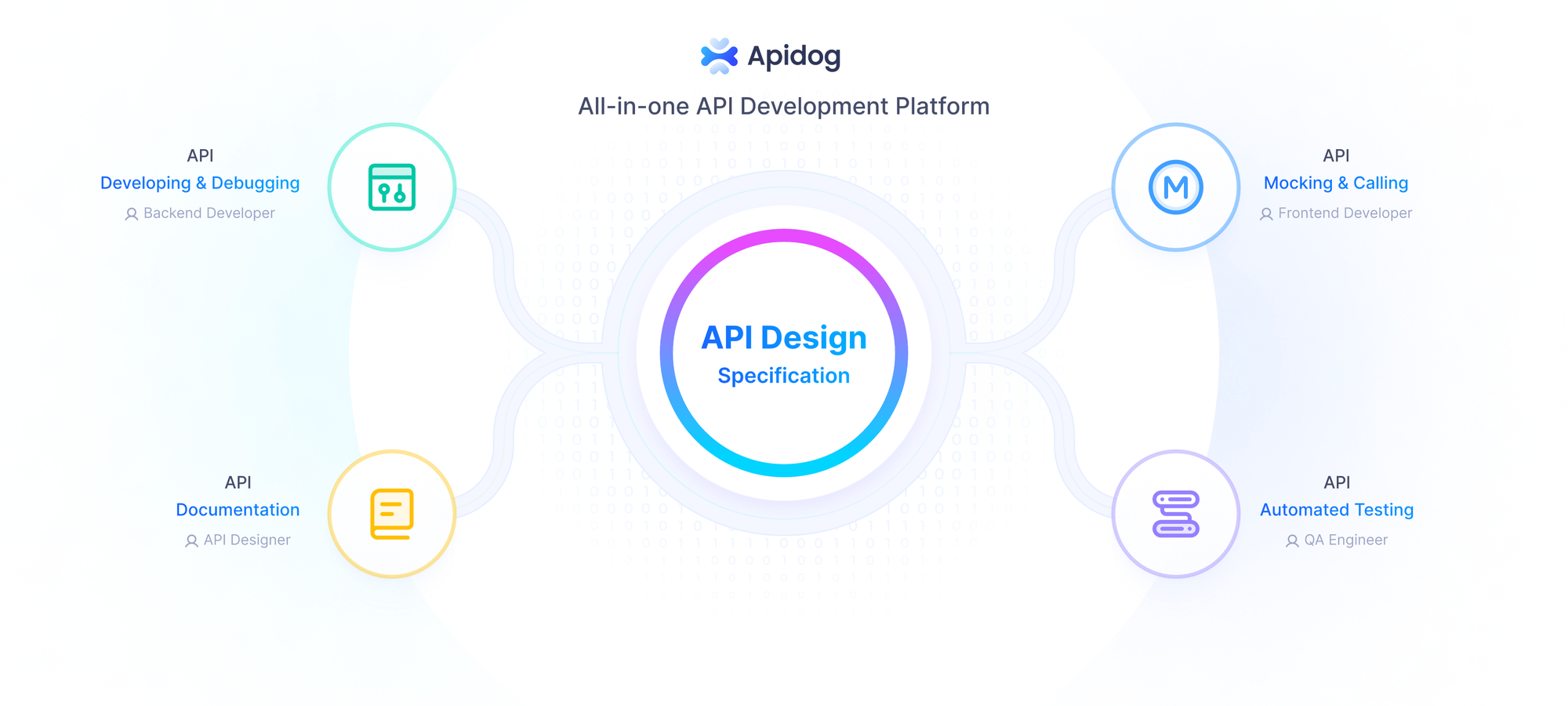
In terms of debugging, Apidog captures request logs and asserts responses against expected schemas. If Claude Code produces an API client, Apidog runs end-to-end tests to catch discrepancies.
Transitioning to advanced use, Apidog integrates CI/CD pipelines, automating checks for Claude Code-generated APIs during deployments.
Consequently, combining Claude Code with Apidog creates a seamless workflow—from ideation to production-ready integrations.
Benefits of Using Claude Code for API Integration
Claude Code offers numerous benefits for API integration. It boosts productivity by automating code creation, reducing development time by up to 50% in repetitive tasks.
Additionally, it enhances code quality through intelligent suggestions, minimizing bugs in API handling logic.
From a cost perspective, Claude Code optimizes resource use by generating efficient code, lowering cloud compute expenses for API servers.
Furthermore, it promotes accessibility, enabling non-expert developers to tackle complex integrations via natural language.
In scalability terms, Claude Code adapts to growing projects, managing increased API complexity without rework.
Security gains traction as well, with built-in best practices for API protection.
Ultimately, these advantages make Claude Code indispensable for API-driven applications.
Challenges and Solutions in Claude Code API Integration
Despite its strengths, Claude Code presents challenges like dependency on model accuracy. Solutions involve providing detailed prompts for precise outputs.
Network latency in API calls poses another issue; mitigate it with local caching strategies suggested by Claude Code.
Integration with legacy systems requires custom adaptations—Claude Code excels here by analyzing old codebases.
By addressing these proactively, developers maximize Claude Code's API support.
Conclusion
Claude Code supports API integration robustly, providing tools that empower developers to build efficient systems. Its combination with Apidog amplifies testing capabilities, ensuring high-quality outcomes. As AI evolves, Claude Code remains a cornerstone for technical innovation.
